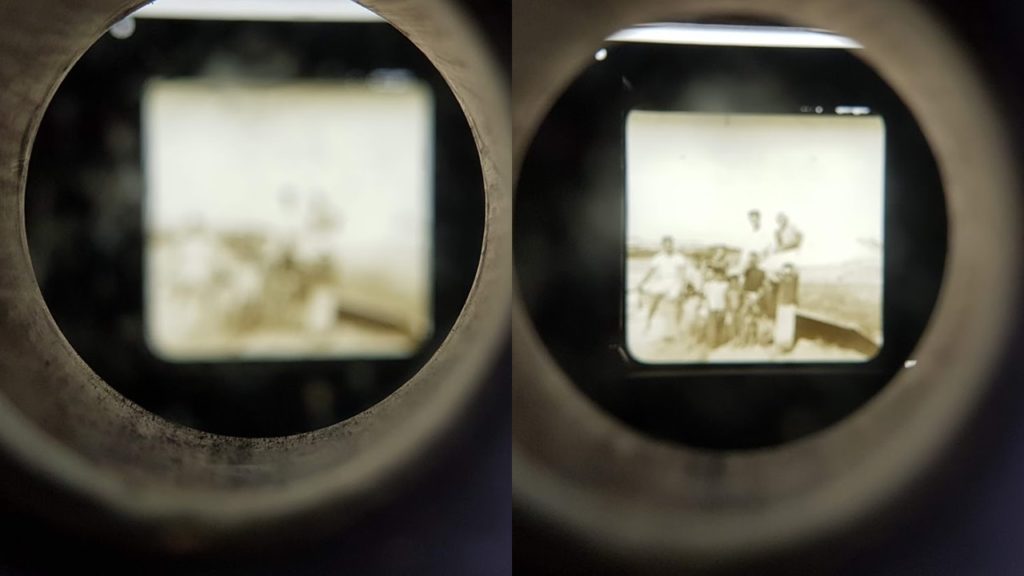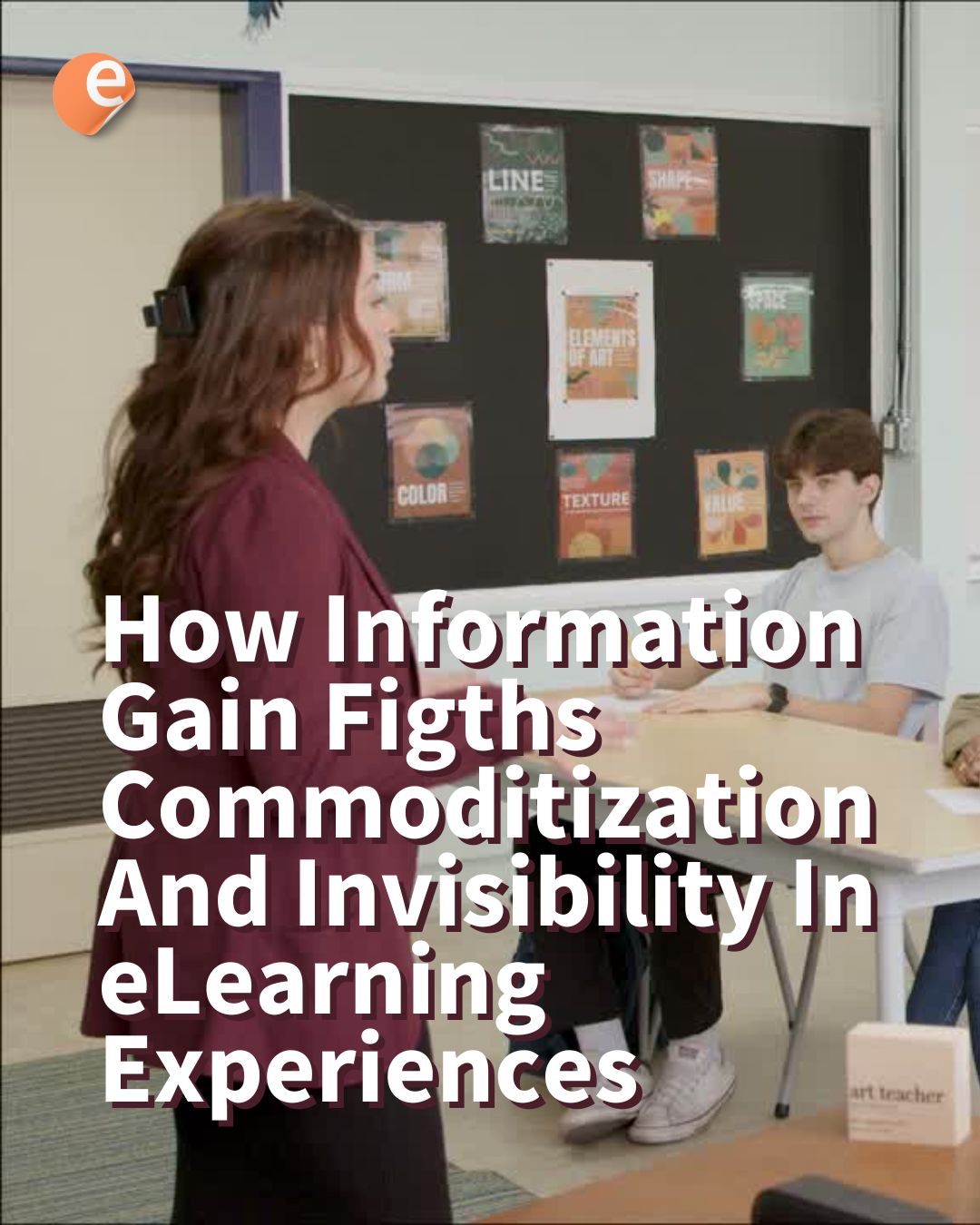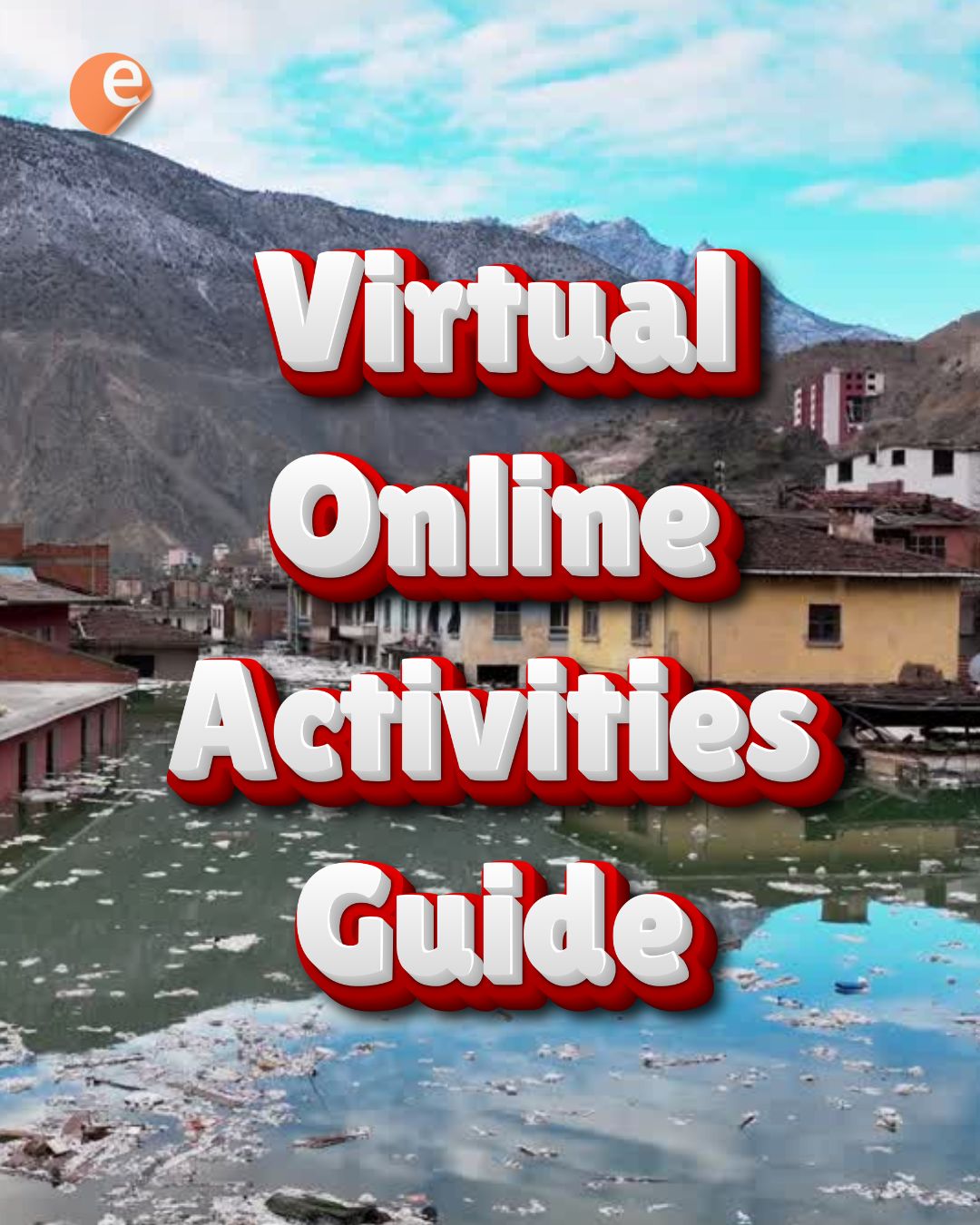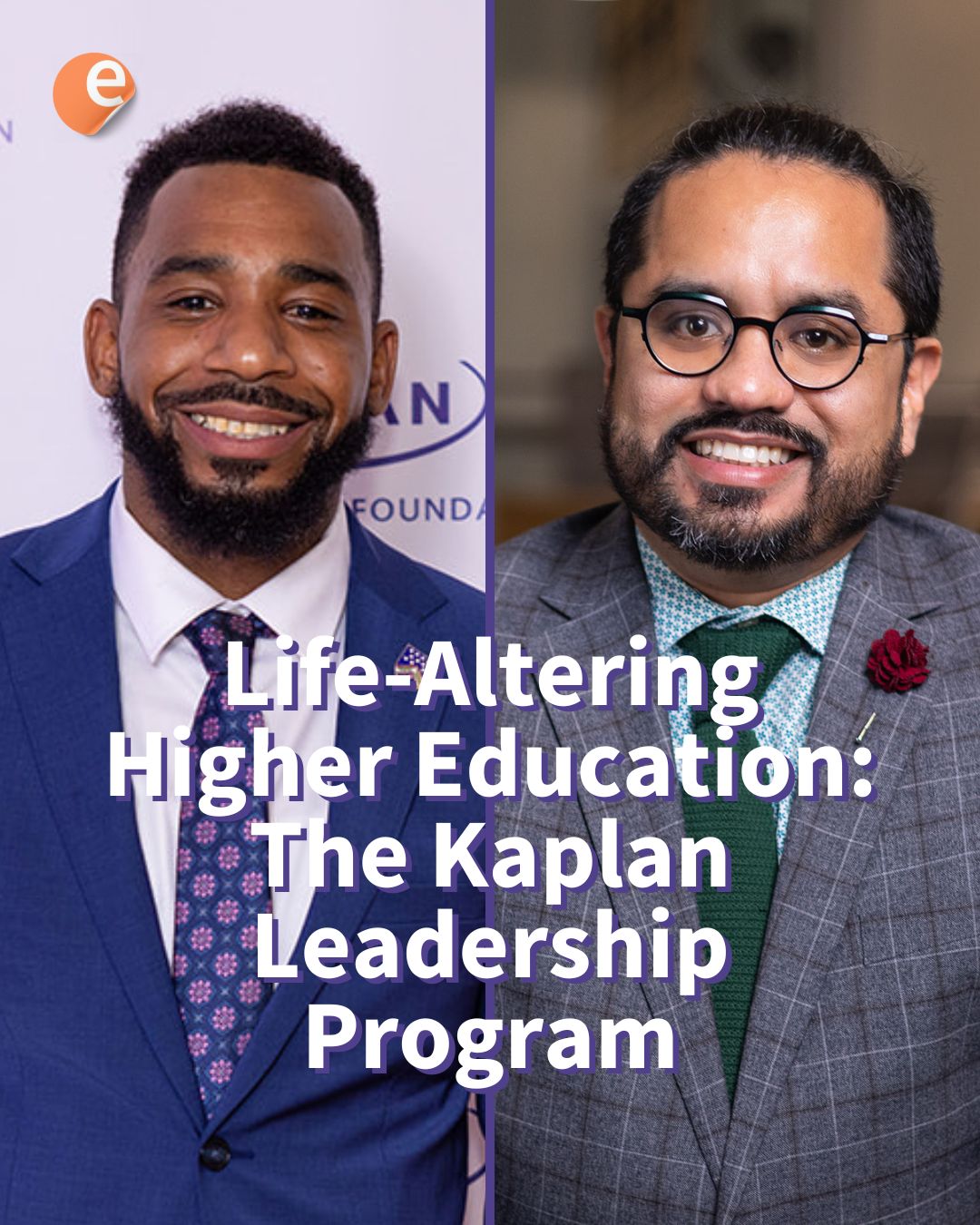The announcement
On September 16, Moodle announced that Turnitin became the fourth “Certified Integration.” (Sometimes called “Moodle Premium Integrator” or “Premium Integration Partner.”)
Most popular for its plagiarism checking software, the press release describes Turnitin as a provider of “academic integrity and originality checking services.” A Moodle plugin, “Turnitin plagiarism,” is reportedly installed in 1,370 registered Moodle sites, after suffering a small decline from a 1,425 height in July. It is currently available for LMS based on Moodle 3.5 to 3.7, which means it is also compatible with Totara and Blackboard Open LMS, among others. The version distribution chart, however, shows sites running Turnitin on sites as old as Moodle 2.5.
The Moodle announcement focuses on SimCheck, which “helps instructors ensure that student work submitted via Moodle is original and free of plagiarism.” Other claims made by the release include:
- “Simcheck is designed around empowering your organisation.”
- It “enables instructors to confidently check for potential plagiarism and promote academic integrity.”
- Moodle CEO, Martin Dougiamas, thinks the partnership will provide “easier, integrated access to services that complement our open source learning platform.”
The promise
Very happy to take questions and hear feedback.
— 🎓 Martin Dougiamas (@moodler) September 19, 2019
I know the history very well from countless remarks I’ve received over the years.
We’ve looked into what they’re doing recently and was convinced it was better.
The partnership gives us better influence over the quality too.
Dougiamas himself has pledged that there will be plenty of communication with the community regarding the partnership. “The partnership gives us better influence over the quality too,” he twote.
The concerns
He also confirmed the focus of the integration will be SimCheck, which he deems a new product. At least since 2014 Turnitin has sought to expand its brand beyond plagiarism, despite being a core functionality today, and having acquired startups focused precisely on plagiarism detection. Among the 6 products officially provided by Turnitin today, SimCheck is the most closely related to plagiarism.
Plagiarism technologies continue to grow, with an estimated 12% growth every year between 2017 and 2022, to the tune of over half a billion USD. Turnitin, considered the third or fourth largest plagiarism company, was valued at $1.7 billion when it was purchased by private investment firm Advance in March, 2019. It slightly surpassed the value of Instructure, the largest public LMS company.
Turnitin and plagiarism checking technologies are some of the most controversial tools in EdTech. Many educators are ideologically against them, going as far as to declare them “surveillance technology” or “demoralizing to students.” Other, more pragmatic views amount the technology to that of a grammar checker, which does not have to define the shape of the pedagogical model. Furthermore, plagiarism has played a part of popular culture for years, in part thanks to the spread of the internet. Celebrities, politicians and authors have been found to plagiarize, to either their downfall or normalization. A “middle-ground view” wonders if plagiarism is even that big of a deal and deserving of all that concern. After all, MLK plagiarized passages of his doctoral dissertation, at no detriment of his activism or significance.
In the case of Turnitin particularly, the main concerns are related to the abuse of student intellectual property. In 2007 four High School students sued Turnitin’s parent company at the time, claiming that the software profited from their work without their knowledge, consent nor compensation. Aggravating elements, still concerning today, include:
- Instances of minors as copyright holders
- Privacy issues, as Turnitin may gather identifiable information from authors
- No easy way for individuals to opt-out
Over two years and a series of appeals after the company was cleared, the issue was finally settled in 2009.
By definition, the technology becomes more valuable according to how many works it can check. Effectively, Turnitin profits from the use of creative, original work. This becomes problematic when institutional users force students to submit their work to the service, often without their consent, let alone credit or compensation. Even institutional customers are not aware to the full extent of the purposes of the students coursework collection by the company due to the wording of Turnitin’s policies and agreements.
As per Turnitin’s Terms of Use:
You grant Turnitin a non-exclusive, royalty-free, perpetual, worldwide, irrevocable license to reproduce, transmit, display, disclose, and otherwise use your Communications on the Site or elsewhere for our business purposes. We are free to use any ideas, concepts, techniques, know-how in your Communications for any purpose, including, but not limited to, the development and use of products and services based on the Communications.
A second point of issue is its role in the mechanics of the controversial “Essay Mills,” services that allow students to purchase original work to present as their own. A UK company certifies their work to be 100% original as per Turnitin’s WriteCheck. In this case the unethical —not always illegal— use of the technology falls away from the plagiarism EdTech company, and it is even forbidden in its TOS. Economically speaking, however, there are no clear incentives for the company to discourage or exert vigilance over the practices.
There are other smaller concerns with Turnitin, some of which can be expanded to competing services:
- A previous legal issue ended in 2007 with Blackboard no longer suing Turnitin’s parent company over a patent violation.
- Simcheck and Turnitin are self-branded as tools to “empower” organizations, a message that Moodle reiterates. The plagiarism checking functionality, however, makes it possible for teachers and organizations to apply it in punitive ways beyond Moodle or Turnitin’s control.
- Further on the “student discouragement” side, promoting Turnitin-type technologies has problematic implications on issues of digital rights, recognition and credibility.
- There are anecdotal claims that Turnitin’s proprietary technology is plainly flawed, missing or misidentifying instances of plagiarism. This claim has not been addressed by Turnitin, as it does not make available statistical rates of error (Type A and Type B) —let alone the source code— that could help disprove them. Other issues involve Turnitin’s downtime. Every submission requires a check on the company’s servers.
- A later technology, Turnitin’s Authorship Investigation, goes a step further by “identifying outliers.” That is, works that do not match the tone or style previously identified for a given user. This could pave the way for accepting full-on surveillance tech, where students can be tracked in real time as they complete coursework. As extreme as it might look like, it raises questions regarding academic and professional development and privacy. Is protecting your privacy compromising your educational outcomes and career opportunities?
- As people and media conflate Turnitin as exemplary of all EdTech, it makes believe as if all technology in the service of learners and teachers is meant to surveil or punish. While this is plain inaccurate and an error on the public’s side, Moodle’s partnership can be read as open support of Turnitin’s historical practices.
Internet’s reaction
One more reason I'm glad I don't use this–or any other–surveillance technologies in my courses.
— Jeff Melnick (@melnickjeffrey1) September 17, 2019
“Academic integrity” pic.twitter.com/t1GwBKKWQ4
— Kirri (@matineeidyll) September 18, 2019
Its like Voldemort & Darth Vader joining forces to destroy innovative pedagogy! pic.twitter.com/T62lloqfr5
— Dale Munday (@Dale_Munday) September 17, 2019
I also have the feeling that once Open was the idea to support, but now open is simply enabling cross-corporate deals. Like Moodle/TurnItIn/Sim and like open AI … suddenly open is revealed as a money maker.
— Ignatia Inge (@Ignatia) September 24, 2019
And now with Moodle partnering with Turnitin we get the LMSification of plagiarism detection too – cheat detection woven in to the fabric of the learning experience
— Ben Williamson (@BenPatrickWill) September 21, 2019
It is a great message but how does it fit with partnering Turnitin and failing to deploy @creativecommons licences correctly? Could do better…#openedsig
— Teresa MacKinnon (@WarwickLanguage) September 18, 2019









One Response